What to Know About the Billion-Dollar Scam Center Industry

© Kim Hong-Ji/Reuters

© Kim Hong-Ji/Reuters

© Tyler Hicks/The New York Times

© Philip Cheung for The New York Times



Updates as England seek series win in Auckland
Get in touch! Share your thoughts with Tim
Heartening to hear Simon say only “a chance of rain”. It felt like a bit more than that in his piece from yesterday …
“Morning/evening/whatever from Auckland!” says Simon Burnton, our correspondent on the tour. “First, weatherwatch: yesterday it drizzled all day and while today has been dry (so far, there’s a chance of rain later), it was outrageously windy as I did the rather dreary walk here from town. England are unchanged, with Phil Salt collecting a commemorative cap in the team’s pre-match huddle on the occasion of his 50th T20 appearance (they really need to make some more effort with these special caps, because they are absolutely identical to the standard ones which makes it hard to see what the point is), and Luke Wood, who is making his 14th appearance, also getting congratulated for a reason I was unable to ascertain from a distance.”
Continue reading...
© Photograph: Andrew Cornaga/AP

© Photograph: Andrew Cornaga/AP

© Photograph: Andrew Cornaga/AP
Stiller’s documentary about his parents, comedy duo Jerry Stiller and Anne Meara, is a tender reflection on marriage and what it costs to keep smiling in the entertainment business
Ben Stiller has created a sweet, affectionate, unexpectedly poignant portrait of his parents Jerry Stiller and Anne Meara – and, perhaps without quite realising it, of himself as well. His mum and dad were two hard-working actor-comedians who had a very successful TV double act in the 60s and 70s and a long marriage. This has been the source of so much material, based on the quarrels and tensions to which Ben and his sister Amy were intimate witnesses.
Both parents’ backgrounds were hard. Anne’s mother had taken her own life; Jerry’s dad was tough and unsupportive. Perhaps they never experienced the full status of stardom that their son has enjoyed, although Jerry had a new lease of late-life TV fame in the 90s with his superb portrayal of George Costanza’s dad in Seinfeld. The film is centred on Ben and Amy clearing out their mum and dad’s New York apartment after Jerry died in 2020; Anne had died in 2015. And Ben Stiller himself emerges as a complex and unresolved personality from this film: he considers the fact that his parents were sometimes not there for him because of the pressures of show business, and that he himself was not around for his own children because of being away on film sets. He and his wife Christine Taylor separated for three years but reunited in 2020.
Continue reading...
© Photograph: Apple TV+/PA

© Photograph: Apple TV+/PA

© Photograph: Apple TV+/PA
Typhoon Rai killed more than 400, displaced nearly 3.2 million, and destroyed more than a million homes in 2021
Trixy Elle still weeps when she remembers how she and her family fought for their lives as Typhoon Rai tore across the Philippines days before Christmas four years ago. In a matter of hours, intense rain and storm surges swallowed their home on Batasan Island in Tubigon, Bohol province.
Elle, her elderly parents, brother, husband and two young children linked hands as they swam against flood waters in the dead of the night, praying to survive.
Continue reading...
© Photograph: Ivan Joeseff Guiwanon

© Photograph: Ivan Joeseff Guiwanon

© Photograph: Ivan Joeseff Guiwanon
My epic rail journey to some of the continent’s most creative and edgy cities mimics a cruise – I hop on and off, eat too much and soak up the culture
The people queueing for the Eurostar at London St Pancras station, rushing in from the rain in hoodies, look noticeably less enthusiastic than the usual holiday crowds. But then, we aren’t heading to the usual hot, heady holiday destinations of Spain or the south of France, but boarding a train to north-east Europe. For me, it will be a journey of more than 1,000 miles – via Amsterdam, Berlin and Warsaw to Vilnius – visiting some of the coolest capitals in the north. At least in terms of temperature.
As England sweltered this summer, and Spain reached a hellish 46C, it made sense to head away from the heat on what is now fashionably being called a “coolcation”. I left in August, with a suitcase full of jumpers.
Continue reading...
© Photograph: MikeMareen/Getty Images/iStockphoto

© Photograph: MikeMareen/Getty Images/iStockphoto
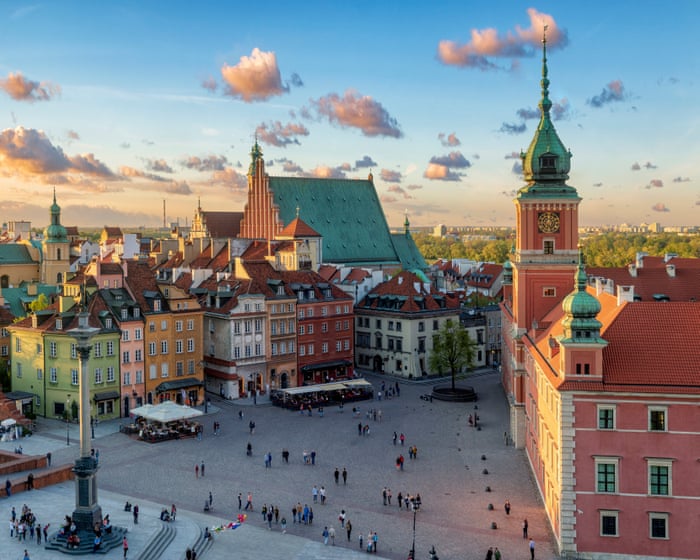
© Photograph: MikeMareen/Getty Images/iStockphoto
Great sound, decent noise cancelling and solid battery life with a novel Talk button that turns the case into a microphone
Nothing’s latest semi-transparent noise-cancelling earbuds have a new trick up their sleeves: a high-quality mic in the case that you can push a button to talk into.
This so-called Super Mic is designed for all those who want a microphone-in-the-hand experience for clearer conversations, recordings and voice notes in noisy environments. For those who talk into the bottom of their phone out in front of them, these are the earbuds for you.
Continue reading...
© Photograph: Samuel Gibbs/The Guardian

© Photograph: Samuel Gibbs/The Guardian

© Photograph: Samuel Gibbs/The Guardian
The Book of Dust trilogy is brought to a complex and fitting end as Lyra battles the Magisterium over her lost imagination
Things are falling apart in the final volume of The Book of Dust, the second of Philip Pullman’s magisterial trilogies set in a world that appears, here more than ever, as a charged and slanted version of our own. Institutions are failing, or reassembling themselves along new and disquieting lines. An unseen force “is destroying the air and the seasons”; at the same time, “money’s going bad, and no one knows why”. Power is flowing away from governments, and pooling in the offices of theocrats, the coffers of conglomerates, the hands of mobs. “Something is at work, very quietly, very subtly”, says merchant Mustafa Bey, keeping a watchful eye on the Silk Roads from his seat in an Aleppo cafe. “Things we thought were firm and solid are weakening and giving way.”
Just what that something might be, and how to counteract it, is the question that animates The Rose Field, which picks up where The Secret Commonwealth left off. This is, by all accounts, Pullman’s concluding foray into the intricately constructed, infinitely beguiling realm he first unveiled 30 years ago, with the publication of Northern Lights. It’s a realm whose geography maps on to that of this world, but whose history tacks and jibes with ours; where the humans look and think and act like us, but are accompanied by daemons, souls in animal form; where the skies are filled with witches and gryphons, but beneath those skies, buses are caught and tea is drunk, and middle-aged academics carry Harrods shopping bags. Lyra, whom we first met as a 12-year-old in the His Dark Materials trilogy, and then saw again as a baby in La Belle Sauvage, the prequel with which Pullman began The Book of Dust, is now a young woman: still recognisably the spiky and tenacious heroine of the earlier books, but older, sadder, more cautious, less certain. This circumscription is amplified by her separation from her daemon, Pantalaimon – but it was also, ironically, the trigger which caused him to abandon her in the first place.
Continue reading...
© Photograph: Screen Grab/Bad Wolf/HBO/BBC

© Photograph: Screen Grab/Bad Wolf/HBO/BBC

© Photograph: Screen Grab/Bad Wolf/HBO/BBC

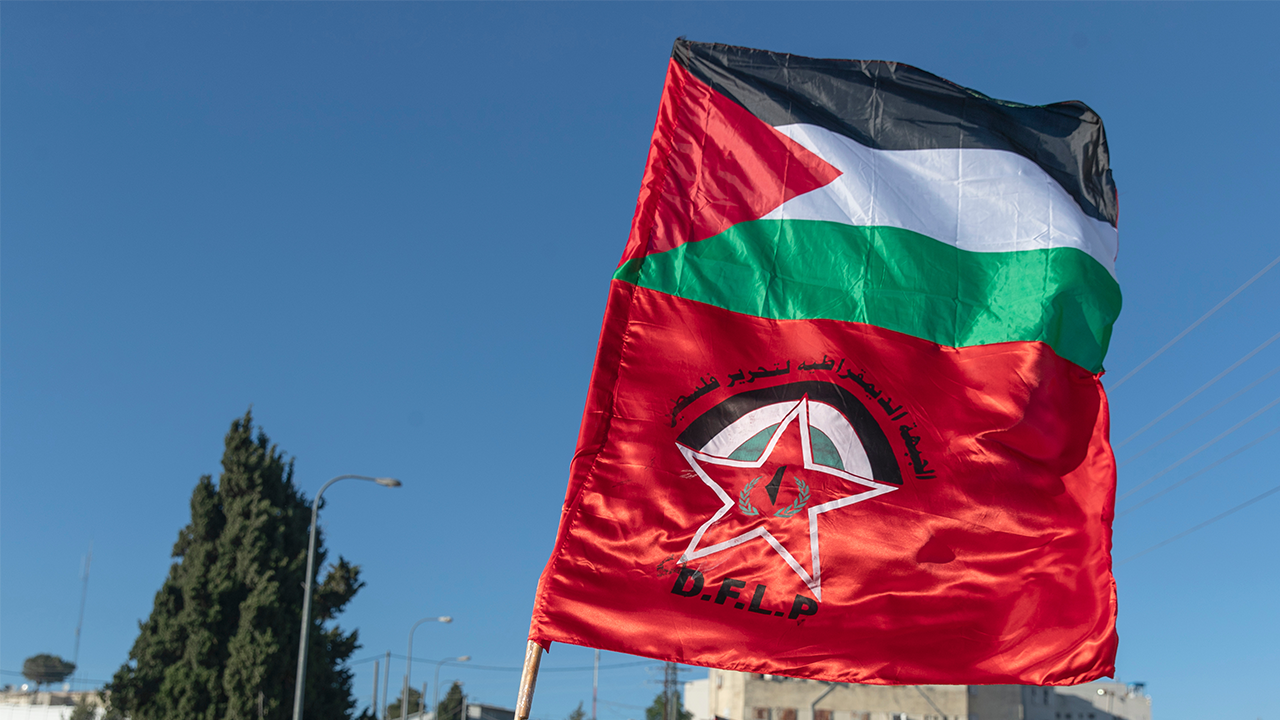



























From a red-throated loon landing on water, to good and bad hair days and an airborne squirrel, here is a selection of the finalists in this year’s Nikon Comedy Wildlife awards. A winner will be announced on 9 December
Continue reading...
© Photograph: Erkko Badermann

© Photograph: Erkko Badermann

© Photograph: Erkko Badermann
Private member’s bill backed by Chris Packham and Natalie Bennett would impose a duty of care on government and business
A radical proposal to change the legal status of nature will be launched today in the House of Lords, with the unveiling of the UK nature’s rights bill initiative.
The private member’s bill aims to legally enshrine the idea that there can be no lasting economic progress or social justice without respect for the natural world, and to change the legal status of nature from objects, property and resources to a legal subject with inherent rights.
Continue reading...
© Photograph: Geoffrey Swaine/Shutterstock

© Photograph: Geoffrey Swaine/Shutterstock
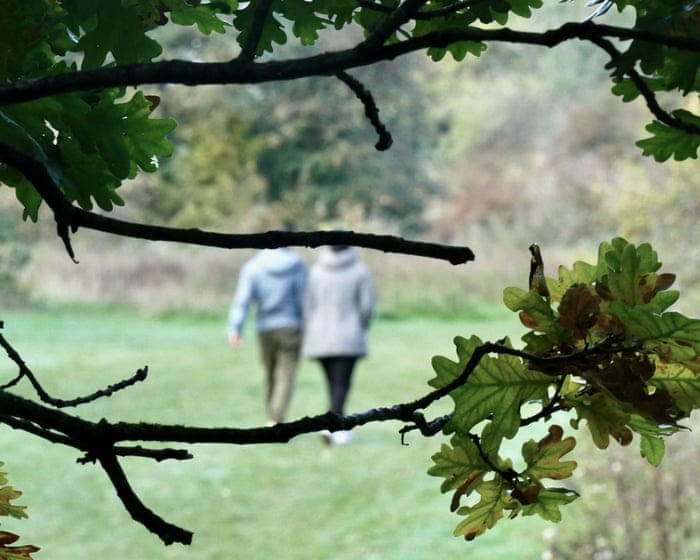
© Photograph: Geoffrey Swaine/Shutterstock
A biscuit crossed with a flapjack crossed with a bread pudding: these snacks are best enjoyed with a hot drink
This, then, was the situation: it was Friday night after a long week, and having met a friend on the way home for a glass of wine, which arrived with crisps, taralli, dry roasted peanuts and enough salt that we needed another glass, it seemed a good idea to go home and cook polenta – the long-stir sort as opposed to the instant variety, although I always have that in the cupboard, too. Another good idea, which came to me as I pulled a new packet from the back of the dresser and ignored the flutter of tiny wings, was to make more than enough polenta and pour the extra into a Pyrex dish while it was still hot, so it could set into a block to be cut into slices and grilled the next day.
I’ve written about polenta before; how the word is ancient and generic – referring to any mushy dish made from cereal flour and water – and how, after its arrival in Europe in the 1600s, it became synonymous with ground maize. There exists a world of different grades and milling, but, broadly speaking, when you buy ground maize (cornmeal) for polenta, you will have two options: finely ground (which might also be white) for a soft, thin polenta, and coarsely ground, which will have glassy-looking grains and makes an excellent body scrub and a harder, tastier polenta. The latter also takes much longer to cook, anything from 40 minutes to several hours, depending on who (or which packet) you consult, although in my experience an hour is almost always enough, and anything beyond that is more a way of deepening the flavour. Stirring is also a matter of opinion, with some saying it must be constant, while others (hello, Anna Del Conte!) noting that after 10 minutes, if the heat is low enough, you can in fact leave the pan to attend to other things, coming back every now and then to give it a strong, hard stir.
Continue reading...
© Photograph: Rachel Roddy/The Guardian

© Photograph: Rachel Roddy/The Guardian

© Photograph: Rachel Roddy/The Guardian
It means breaking with hundreds of years of tradition, but it can’t wait. As hard-right figures spread division and laud autocrats, a fail-safe is vital
After two years in Brazil, I felt I understood its political system better than I understand the UK’s. The reason is a short book in simple language that almost everyone owned: the constitution, published in 1988. Admittedly, I discovered the document’s limitations while trying to explain its principles to a furious captain of the military police with a pump-action shotgun. But at least I knew exactly which of my rights he was infringing.
To achieve a similar grasp of rights and powers in the UK, you’d need to be a professor of constitutional law. They are contained in a vast and contradictory morass of legal statutes, court precedents, codes of conduct, scholarly opinions, treaties, traditions, gentlemen’s agreements and unwritten rules. They are rendered still less intelligible by arcane parliamentary procedures and language so opaque that we need a translation app.
George Monbiot is a Guardian columnist
Continue reading...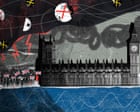
© Illustration: Nate Kitch/The Guardian

© Illustration: Nate Kitch/The Guardian
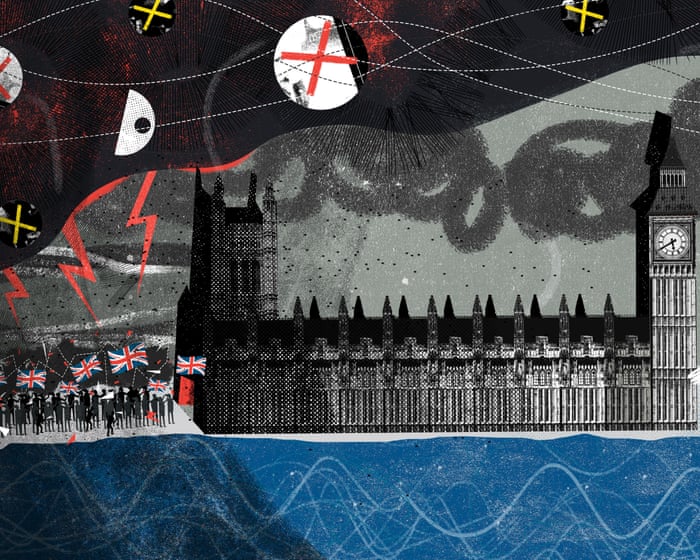
© Illustration: Nate Kitch/The Guardian









